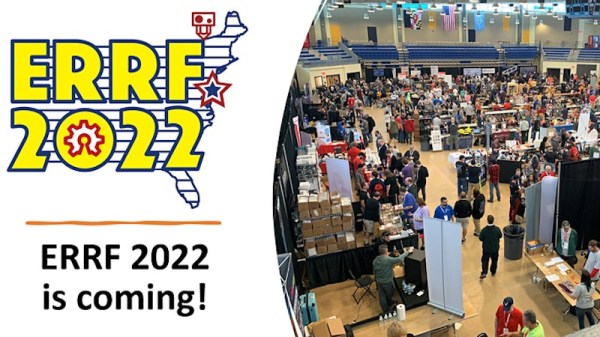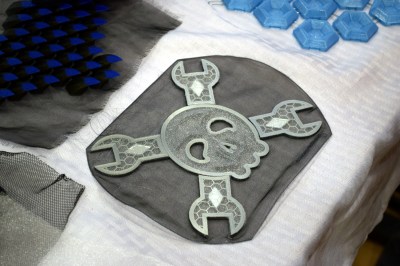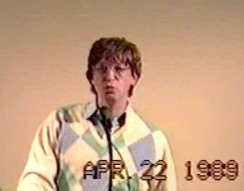As spring slowly slides into summer here in Europe where this is being written, the warm weather is a reminder that on the horizon are the summer’s crop of hacker camps. The largest European one this year will be the Dutch MCH2022 near the end of July, and to whet our appetite they’ve made public some details of their badge. And true to the past form of Dutch camps, it’s rather an impressive build.
Since this is another piece of work from badge.team it has the expected ESP32 module, but alongside it on the elegantly-designed PCB there’s an RP2040 and a Lattice ICE40UP5K FPGA. The ESP is there to run the badge team firmware which even includes backwards compatibility with the original SHA2017 badge, the RP2040 ties everything together and provides a multitude of USB peripherals, and the FPGA is there to run user code. From the front, the badge has a Game Boy Advance-style form factor with a large colour TFT screen and the usual joystick and buttons. Other peripherals include a brace of addressable LEDs, a pair of nifty sensors from Bosch, and a 16-bit stereo audio channel that even powers a small onboard mono speaker when no headphones are connected.
The hardware may be slick, but it’s the badge.team firmware that makes this as special as all their previous offerings. It offers the chance to easily write apps either in MicroPython for the ESP32, or as payloads for the FPGA, and what makes it special is that it comes with an online app store from which all the apps can be downloaded. We’re told that it will be able to run a range of emulators out of the box, so we’re really looking forward to seeing the final version at the event. Meanwhile they’ve released a demo video that you can see below the break, and if you’re curious you can take a look at its SHA2017 badge ancestor.

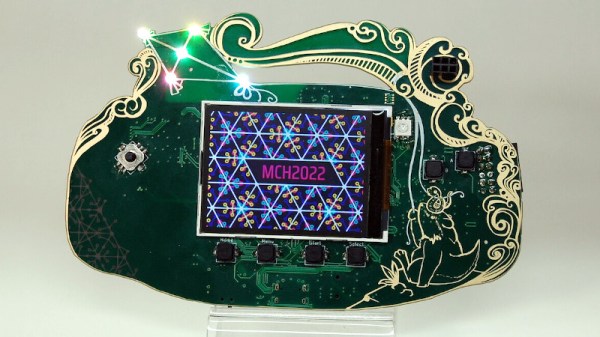
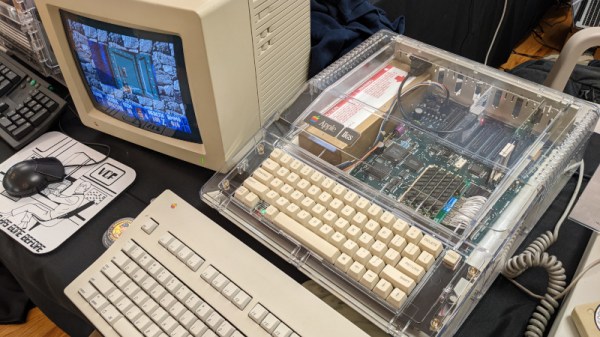
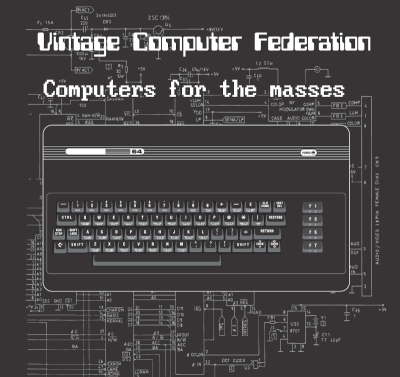
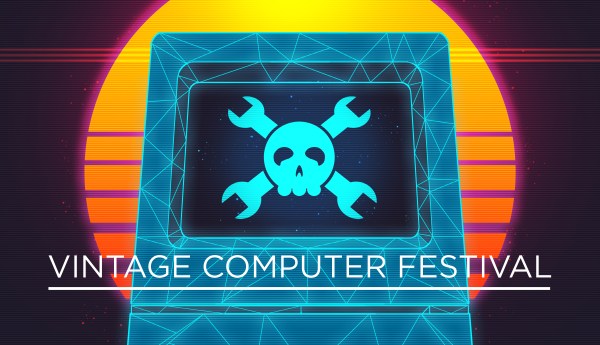
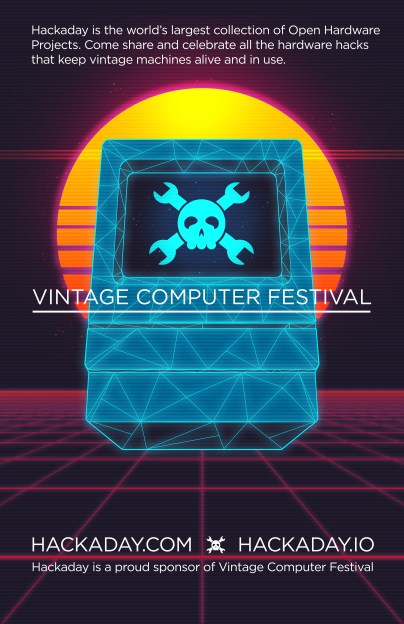
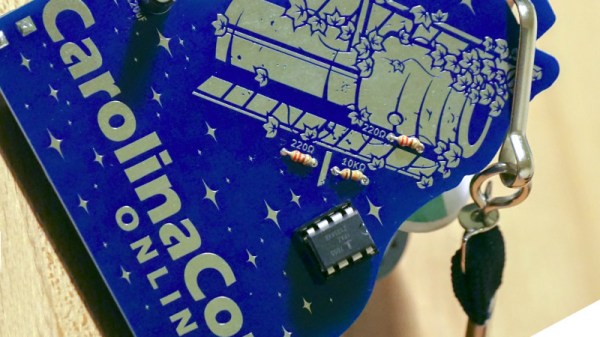
 It all started when [Big Clive] ordered a chintzy Chinese musical meditation flower and found a black blob. But tantalizingly, the shiny plastic mess also included a 2 MB flash EEPROM. The questions then is: can one replace the contents with your own music? Spoiler: yes, you can! [Sprite_tm] and a team of Buddha Chip Hackers distributed across the globe got to work. (
It all started when [Big Clive] ordered a chintzy Chinese musical meditation flower and found a black blob. But tantalizingly, the shiny plastic mess also included a 2 MB flash EEPROM. The questions then is: can one replace the contents with your own music? Spoiler: yes, you can! [Sprite_tm] and a team of Buddha Chip Hackers distributed across the globe got to work. ( Bad pattern number one is XOR. Used correctly, XORing can be a force for good, but if you XOR your key with zeros, naturally, you get the key back as your ciphertext. And this data had a lot of zeros in it. That means that there were many long strings that started out the same, but they seemed to go on forever, as if they were pseudo-random. Bad crypto pattern number two is using a linear-feedback shift register for your pseudo-random numbers, because the parameter space is small enough that [Sprite_tm] could just brute-force it. At the end, he points out their third mistake — making the encryption so fun to hack on that it kept him motivated!
Bad pattern number one is XOR. Used correctly, XORing can be a force for good, but if you XOR your key with zeros, naturally, you get the key back as your ciphertext. And this data had a lot of zeros in it. That means that there were many long strings that started out the same, but they seemed to go on forever, as if they were pseudo-random. Bad crypto pattern number two is using a linear-feedback shift register for your pseudo-random numbers, because the parameter space is small enough that [Sprite_tm] could just brute-force it. At the end, he points out their third mistake — making the encryption so fun to hack on that it kept him motivated!
